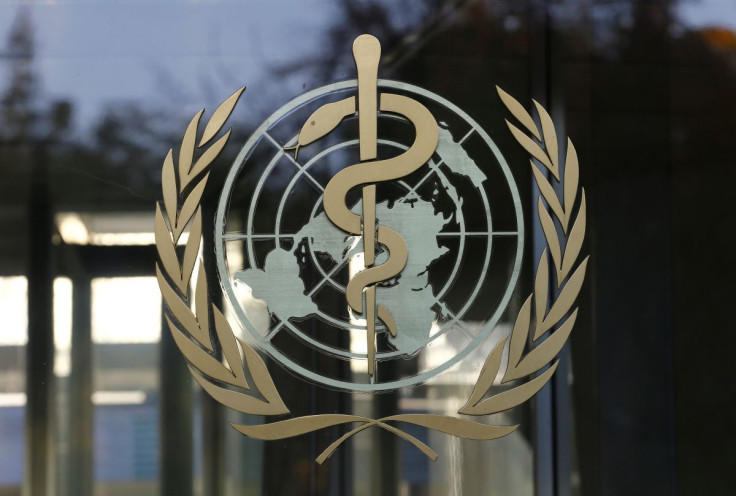Ebola Outbreak In Democratic Republic Of Congo Officially Over: WHO
KEY POINTS
- This was the third outbreak in Congo's Equateur Province since 2018
- The previous one was in 2020, which lasted five months
- Authorities are still in a state of vigilance for possible "flare-ups"
The World Health Organization (WHO) has declared that the most recent Ebola outbreak in the Democratic Republic of Congo is finally over. The swift end comes less than three months after the outbreak began.
The latest outbreak was in Mbandaka, the capital of Equateur Province, and it resulted in four confirmed cases and one probable case. Unfortunately, all the patients passed away, the WHO noted in a news release.
The latest outbreak is said to be the third in the province since 2018, with the previous one in 2020, lasting five months from June to November and leading to 130 cases and 55 deaths.
Dr. Matshidiso Moeti, the WHO Regional Director for Africa, credited the "robust response" by authorities for the fast containment of the outbreak, noting that the "crucial lessons" from previous outbreaks helped in the response for this one.
GOOD NEWS! 🥳
— WHO African Region (@WHOAFRO) July 4, 2022
Today #DRC🇨🇩 declared the end of the #Ebola outbreak that erupted less than 3 months ago in Mbandaka!
Congratulations to national authorities and the people of DRC! 👉🏿 https://t.co/w3hUJyqCt8 pic.twitter.com/ed3xlAS65I
That said, Dr. Moeti stressed the need for further vigilance.
"Africa is seeing an increase in Ebola and other infectious diseases that jump from animals to humans impacting large urban areas," he said, as per the WHO.
Indeed, this was the country's 14th Ebola outbreak since 1976, when the Ebola virus disease was discovered. Six of these outbreaks happened since 2018, according to the WHO.
"We need to be ever more vigilant to ensure we catch cases quickly," Dr. Moeti said further in the news release. "This outbreak response shows that by bolstering preparedness, disease surveillance and swift detection, we can stay a step ahead."
As the Centers for Disease Control and Prevention (CDC) explained, Ebola cases often emerge through the handling of infected animals. It can then "spread quickly" from one person to another with close contacts or even in hospital settings once someone has been infected. This is why identifying cases quickly is imperative in preventing large outbreaks.
Another weapon in the arsenal against the Ebola virus comes in the form of the Ebola vaccine, something that the WHO called a "crucial protective measure."
During the just-ended outbreak, for instance, 2,104 people were vaccinated against Ebola.
"Although the outbreak in Mbandaka has been declared over, health authorities are maintaining surveillance and are ready to respond quickly to any flare-ups," the WHO noted. "It is not unusual for sporadic cases to occur following an outbreak."

© Copyright IBTimes 2025. All rights reserved.






















